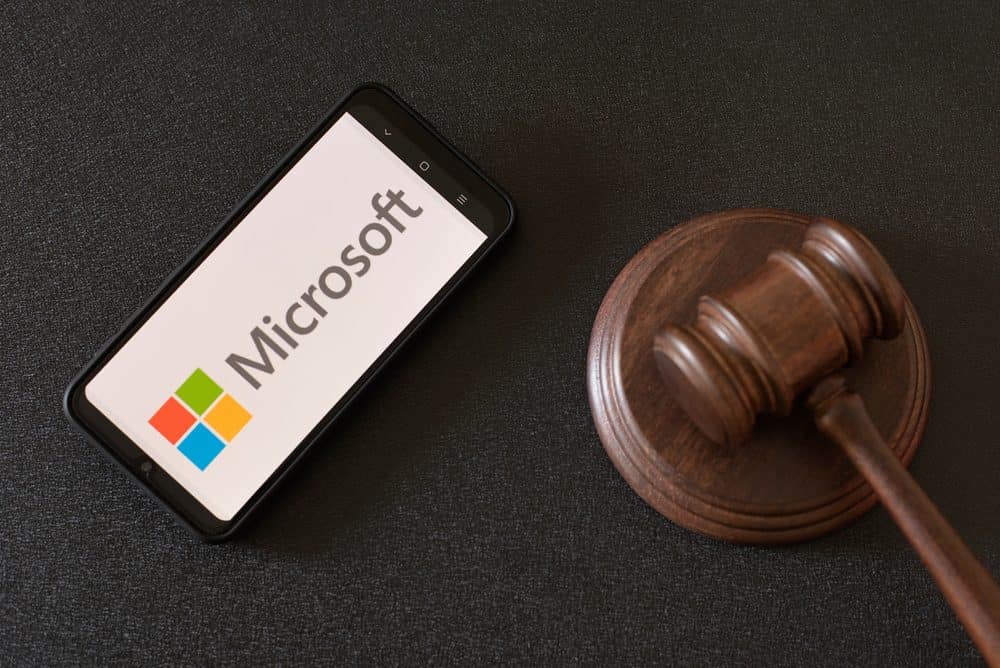FTC commissioners vote to sue Microsoft to stop $69B Activision merger
3 min. read
Published on
Read our disclosure page to find out how can you help MSPoweruser sustain the editorial team Read more

After last month’s report regarding the possibility of the Federal Trade Commission (FTC) filing a lawsuit against Microsoft to block the $69 billion Activision merger, the agency has finally confirmed that it will push the plan. The announcement came after the FTC and Microsoft’s last rites meeting on Wednesday, which was attended by the software giant’s executives, the agency’s commissioners, and FTC Chair Lina Khan. According to the press release of the FTC, the agency came up with a 3-1 vote, prompting it to issue the complaint.
The FTC highlights Microsoft’s action for making Starfield and Redfall (titles being developed by Bethesda Game Studios and Arkane Austin, which are both under ZeniMax Media that Microsoft now owns) exclusive “despite assurances it had given to European antitrust authorities that it had no incentive to withhold games from rival consoles.”
“Microsoft has already shown that it can and will withhold content from its gaming rivals,” said Holly Vedova, Director of the FTC’s Bureau of Competition. “Today we seek to stop Microsoft from gaining control over a leading independent game studio and using it to harm competition in multiple dynamic and fast-growing gaming markets.”
The FTC seems to be using the case as a major element to ignore the concession offered by Microsoft, fearing the same could happen in case the Activision merger closes. Despite this, Microsoft President Brad Smith expresses the company’s confidence to face the lawsuit in court.
We have been committed since Day One to addressing competition concerns, including by offering earlier this week proposed concessions to the FTC. While we believe in giving peace a chance, we have complete confidence in our case and welcome the opportunity to present it in court.
— Brad Smith (@BradSmi) December 8, 2022
“We continue to believe that our deal to acquire Activision Blizzard will expand competition and create more opportunities for gamers and game developers,” Smith says in a tweet. “We have been committed since Day One to addressing competition concerns, including by offering earlier this week proposed concessions to the FTC. While we believe in giving peace a chance, we have complete confidence in our case and welcome the opportunity to present it in court.”
Activision CEO Bobby Kotick says in a letter shared on the company’s website that he shares the same confidence that the deal will close and pointed out that “the allegation that this deal is anti-competitive doesn’t align with the facts.” Microsoft expressed almost the same statement when it called out the UK’s Competition and Markets Authority, which cited Sony’s Call of Duty concern. According to the Redmond company, the regulator’s concern is “misplaced,” and it embraced “Sony’s complaints without considering the potential harm to consumers.”
The FTC’s lawsuit was confirmed the same week Microsoft announced that it handed Nintendo a 10-year Call of Duty deal and said it would keep the game on Steam when the deal closes. Smith urges Sony, which received the same proposal on November 11, to accept the same offer. However, it remains silent despite now having a longer licensing offer, which was probably tweaked after PlayStation Chief Jim Ryan called the earlier three-year deal “inadequate.”
As pointed out by Politico in the earlier report, the suit will be brought to FTC’s own in-house administrative court. Without a preliminary injunction filed by the agency, Microsoft and Activision can still close the deal, though there’s still the possibility of not getting approvals from regulators around the globe.








User forum
0 messages